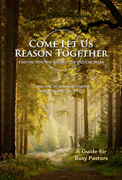Faith Leaders Urge Soul Searching
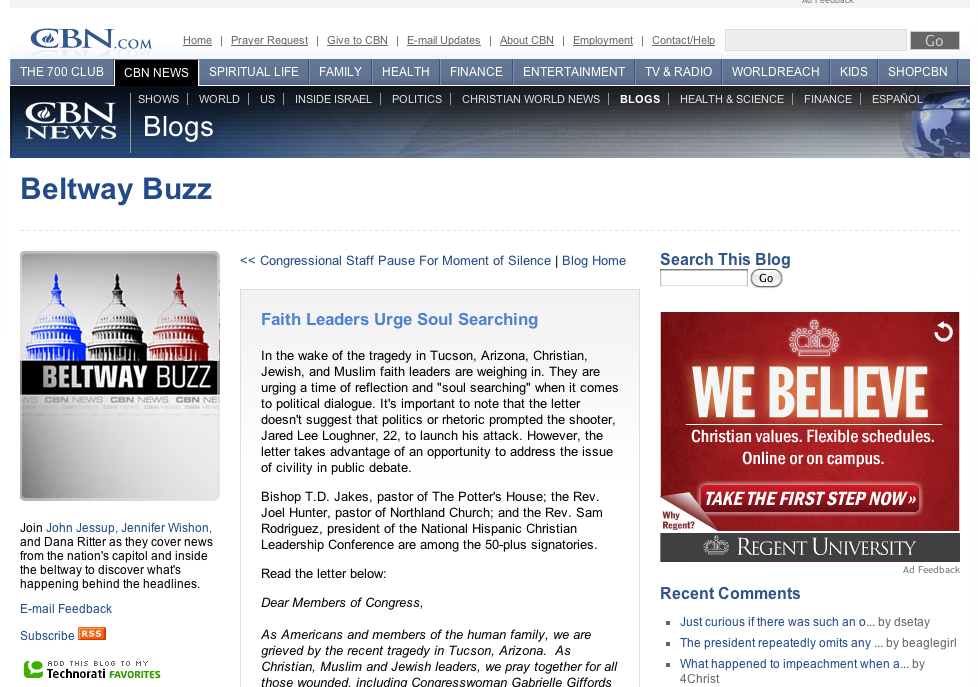 In the wake of the tragedy in Tucson, Arizona, Christian, Jewish, and Muslim faith leaders are weighing in. They are urging a time of reflection and "soul searching" when it comes to political dialogue. It's important to note that the letter doesn't suggest that politics or rhetoric prompted the shooter, Jared Lee Loughner, 22, to launch his attack. However, the letter takes advantage of an opportunity to address the issue of civility in public debate.
In the wake of the tragedy in Tucson, Arizona, Christian, Jewish, and Muslim faith leaders are weighing in. They are urging a time of reflection and "soul searching" when it comes to political dialogue. It's important to note that the letter doesn't suggest that politics or rhetoric prompted the shooter, Jared Lee Loughner, 22, to launch his attack. However, the letter takes advantage of an opportunity to address the issue of civility in public debate.
Bishop T.D. Jakes, pastor of The Potter's House; the Rev. Joel Hunter, pastor of Northland Church; and the Rev. Sam Rodriguez, president of the National Hispanic Christian Leadership Conference are among the 50-plus signatories.
Read the letter below:
Dear Members of Congress,
As Americans and members of the human family, we are grieved by the recent tragedy in Tucson, Arizona. As Christian, Muslim and Jewish leaders, we pray together for all those wounded, including Congresswoman Gabrielle Giffords as she fights for her life. Our hearts break for those lives lost and for the loved ones left behind. We also stand with you, our elected officials, as you continue to serve our nation while coping with the trauma of this senseless attack.
This tragedy has spurred a sorely needed time of soul searching and national public dialogue about violent and vitriolic political rhetoric. We strongly support this reflection, as we are deeply troubled that rancor, threats and incivility have become commonplace in our public debates.
We appreciate the sacrifices you make and risks you incur by accepting a call to public service, and we urge you to continue to serve as stewards of our democracy by engaging ideological adversaries not as enemies, but as fellow Americans.
In our communities and congregations, we pledge to foster an environment conducive to the important and difficult debates so crucial to American democracy. In our churches, mosques and synagogues, we come together not as members of a certain political ideology or party, but as children of God and citizens called to build a more perfect union. We pray that you do the same.
Naeem M. Baig Executive Director Islamic Circle of North America Council for Social Justice
Dr. Carroll A. Baltimore, Sr. President Progressive National Baptist Convention, Inc.
The Rev. Geoffrey Black General Minister and President United Church of Christ
Bishop John R. Bryant Senior Bishop African Methodist Episcopal (AME) Church
Dr. Zahid H. Bukhari President Islamic Circle of North America
Rev. Jennifer Butler Executive Director Faith in Public Life
Simone Campbell, SSS Executive Director NETWORK, A National Catholic Social Justice Lobby
Bishop Minerva Carcaño Desert Southwest Conference United Methodist Church
The Rev. Canon Peg Chemberlin President National Council of Churches
Rev. Richard Cizik President New Evangelical Partnership for the Common Good
Nathan J. Diament Director of Public Policy Union of Orthodox Jewish Congregations of America
Faithful America
Rev. Jan Olav Flaaten Executive Director Arizona Ecumenical Council
Rev. Wesley Granberg-Michaelson General Secretary Reformed Church in America
Simon Greer President and CEO Jewish Funds for Justice
Dr. David P. Gushee Board Chair New Evangelical Partnership for the Common Good
Rabbi Steve Gutow President and CEO Jewish Council for Public Affairs
Rev. Dr. Derrick Harkins Senior Pastor Nineteenth Street Baptist Church, Washington, DC
The Rev. Dr. Katharine Rhodes Henderson President Auburn Seminary
The Rev. Anne S. Howard Executive Director The Beatitudes Society
James E. Hug, SJ President Center of Concern
Dr. Joel C. Hunter Senior Pastor Northland - A Church Distributed
Bishop T. D. Jakes The Potter's House
Rev. Dr. Michael Kinnamon General Secretary National Council of Churches
Chris Korzen Executive Director Catholics United
Leadership Team of the Sisters of Mercy of the Americas Eileen Campbell, RSM Anne Curtis, RSM Pat McDermott, RSM Mary Waskowiak, RSM Linda Werthman, RSM
Rabbi John A. Linder Temple Solel, Paradise Valley, AZ
Marie Lucey, OSF Associate Director for Social Mission Leadership Conference of Women Religious
Rev. Steven D. Martin Executive Director New Evangelical Partnership for the Common Good
Brian McClaren Author/Activist
T. Michael McNulty, SJ Justice and Peace Director Conference of Major Superiors of Men
Rev. Peter Morales President Unitarian Universalist Association
Bishop Paul Morton International Presiding Bishop Full Gospel Baptist Church Fellowship
Muslim Public Affairs Council
Stanley J. Noffsinger General Secretary Church of the Brethren
Dr. Walter L. Parrish III General Secretary Progressive National Baptist Convention
Rev. Gradye Parsons Stated Clerk Presbyterian Church (USA)
Nancy Ratzan President National Council of Jewish Women
Rev. Meg Riley Board Chair Faith in Public Life
Dave Robinson Executive Director Pax Christi USA
Rev. Samuel Rodriguez President National Hispanic Christian Leadership Conference
Rev. Gabriel Salguero President National Latino Evangelical Coalition
Rabbi David Saperstein Director Religious Action Center
Dr. William J. Shaw Immediate Past President National Baptist Convention USA, Inc.
Dr. T. DeWitt Smith, Jr. Immediate Past President Progressive National Baptist Convention
Rt. Rev. Kirk S. Smith Bishop, Episcopal Diocese of Arizona
Dr. Sayyid M. Syeed National Director, Office for Interfaith & Community Alliances Islamic Society of North America
Rev. Dr. Stephen J. Thurston President National Baptist Convention of America, Inc., Intl.
Rev. Jim Wallis President and CEO Sojourners
Rev. Dr. Sharon E. Watkins General Minister and President Christian Church (Disciples of Christ)
Rev. Heyward Wiggins, III PICO National Network Camden Bible Tabernacle Church
Jim Winkler General Secretary United Methodist General Board of Church & Society
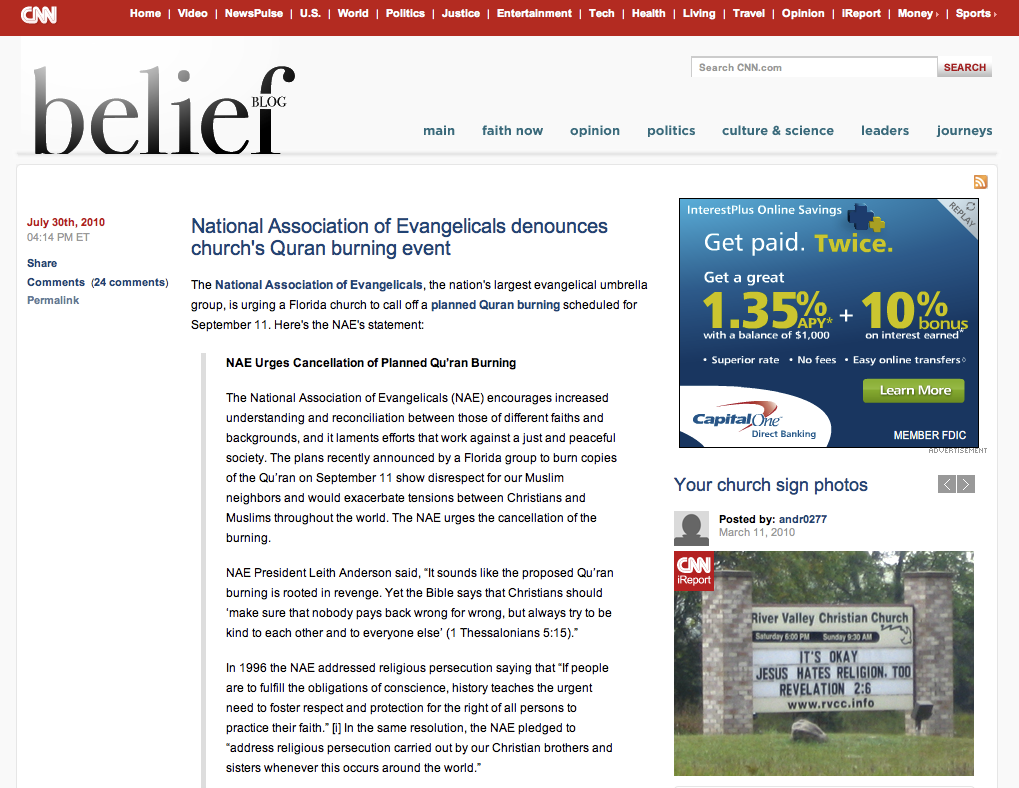
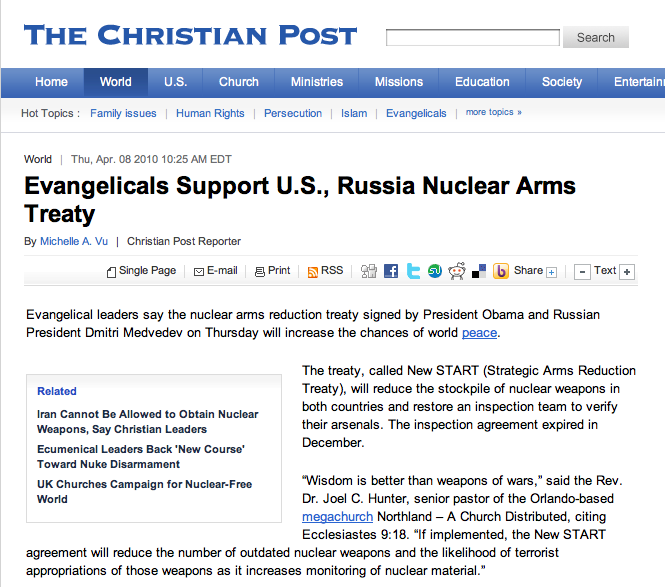
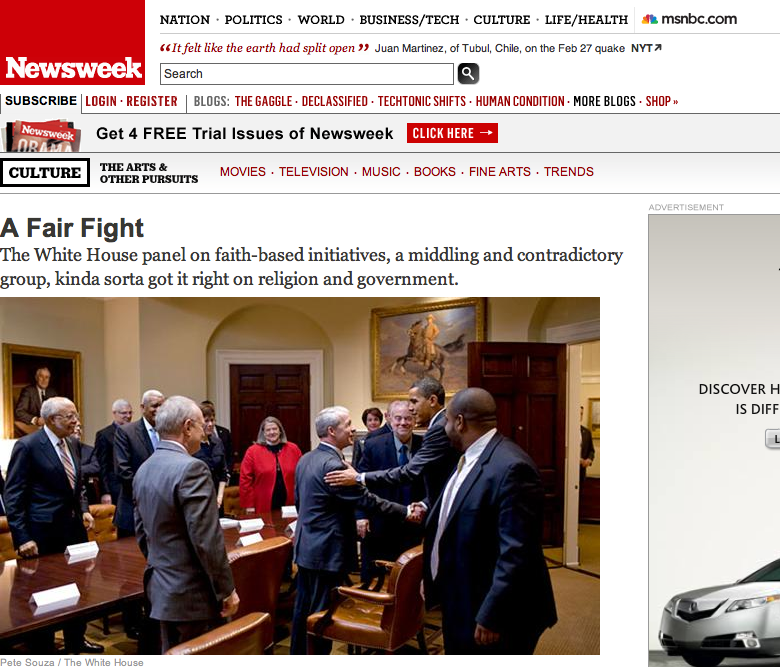
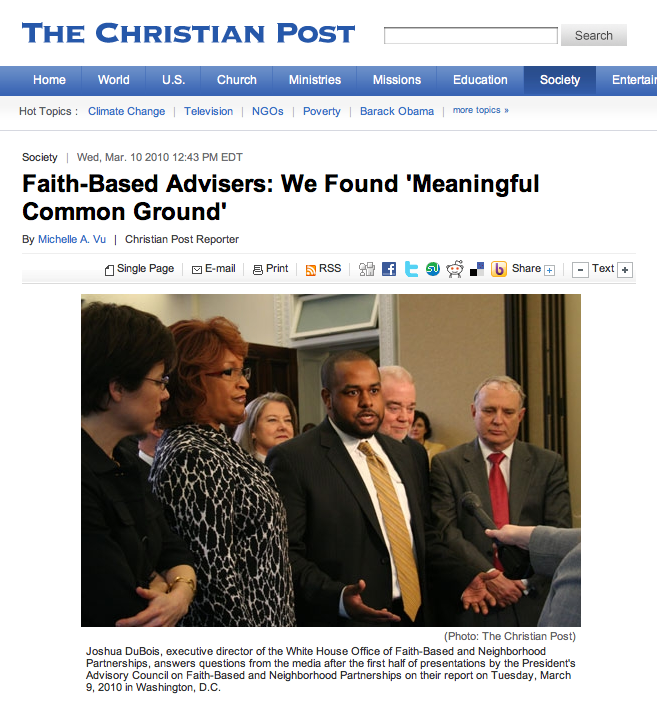
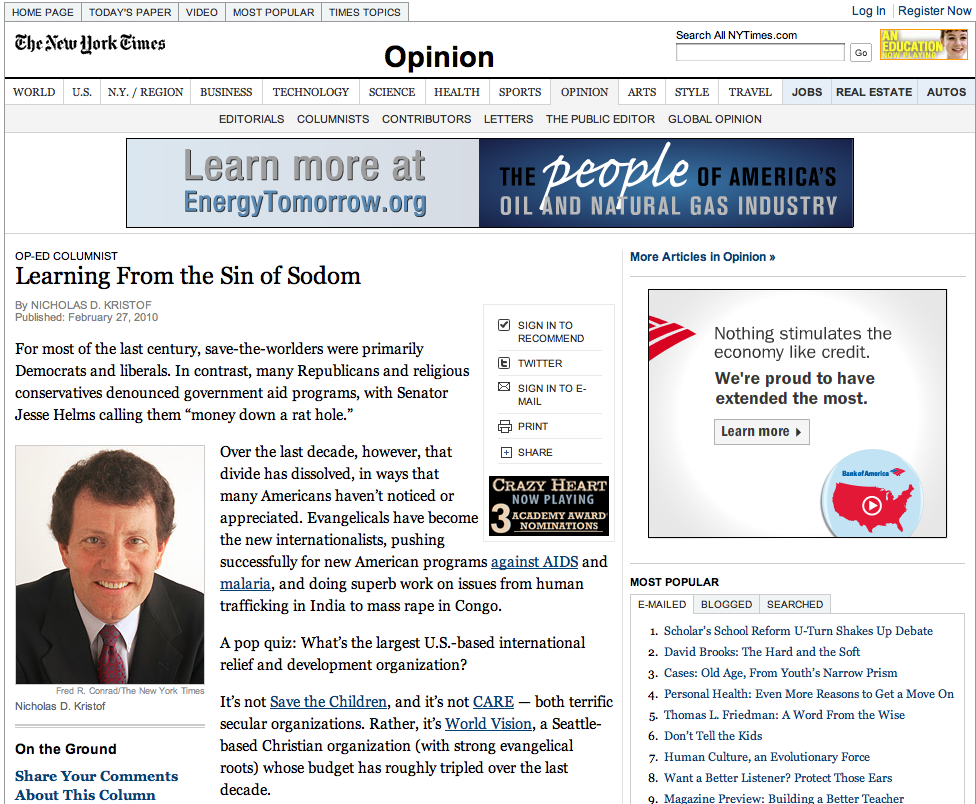
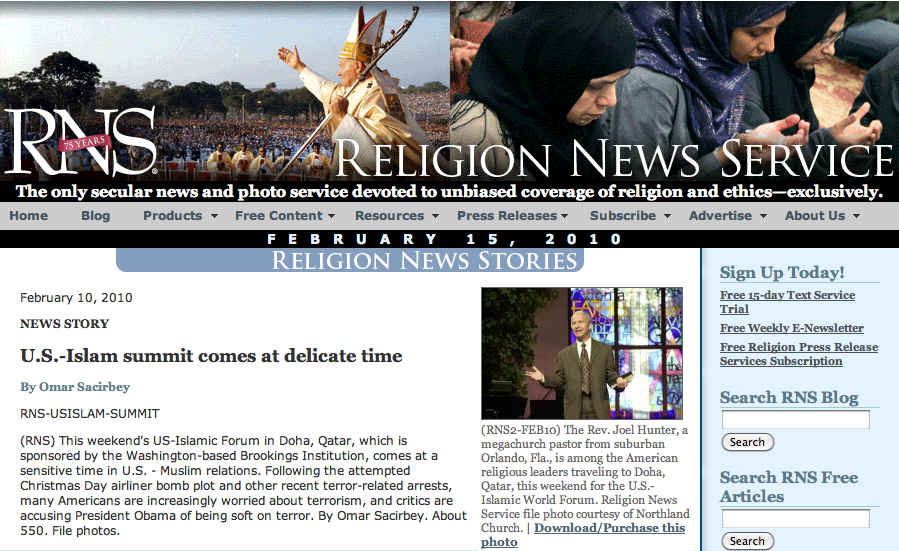 This year’s U.S.-Islamic World Forum, held Feb. 13-15 in Doha, Qatar, comes at sensitive time in U.S.-Muslim relations.
This year’s U.S.-Islamic World Forum, held Feb. 13-15 in Doha, Qatar, comes at sensitive time in U.S.-Muslim relations.